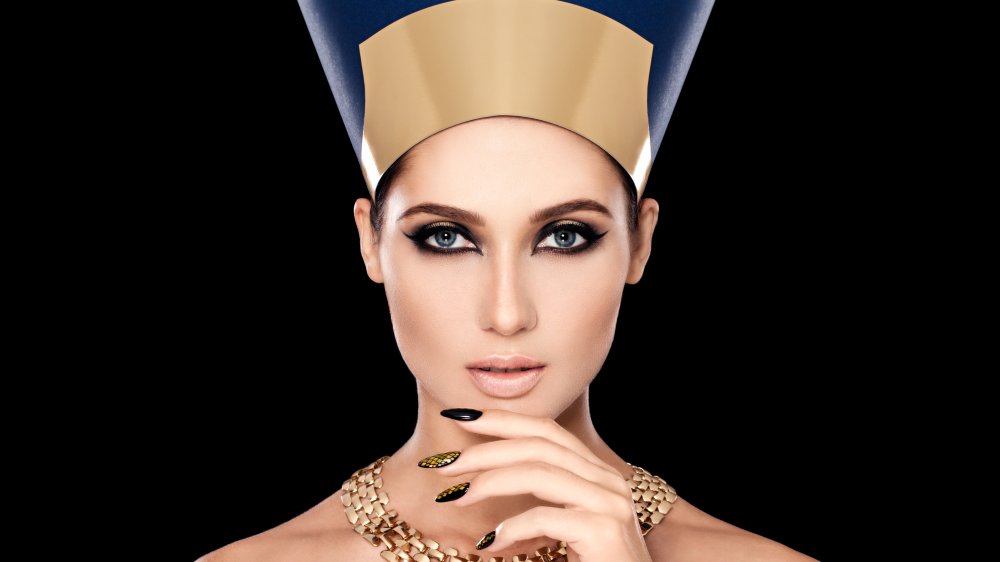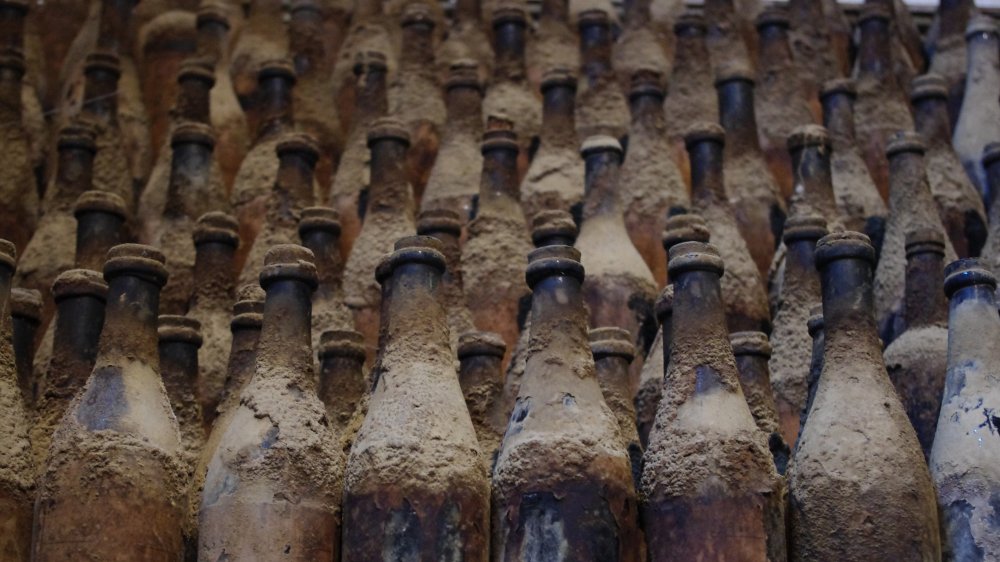We May Now Know What Cleopatra Smelled Like
Cleopatra knew how to make an entrance. As one story goes, before sailing to meet her lover Marc Anthony in Tarsus she coated the sails of her ship in so much perfume that he smelled her scent on the breeze long before she arrived. The tragic final pharaoh of Egypt is often remembered for her ingenuity and intelligence, and now thanks to some olfactory archaeology we may have cracked the code of what it smelled like to be in Cleopatra's presence. Or, in the case of Marc Anthony waiting at the dock in Tarsus, in anticipation of it.
Robert Littman and Jay Silverstein of the University of Hawaiʻi at Mānoa had the idea to bring the ancient scent back to life after discovering the ruins of a perfumery during an excavation of the Egyptian city Thmuis. This antiquarian factory was used to produce Mendesian and Metopian, the two most famous perfumes of the ancient Mediterranean. Considering their popularity, it's more than a little likely that Cleopatra dabbed a bit behind each ear in her time (or stuck a cone of it in her hair to melt, as was Egyptian tradition).
Recovering the ancient scent
It seems whoever ran this factory didn't have a chance to do a deep clean before it was covered by the sands of time, as many of the bottles and storage jars found on site still had residue of the viscous perfume in them. There was no lingering smell, but Littman and Silverstein did send samples away for testing. They also contacted researchers and experts in Egyptian perfume Dora Goldsmith and Sean Coughlin. Working from a recipe found in an ancient Greek medical text, the two managed to recreate the scents that were being manufactured at Littman and Silverstein's factory.
Visitors to the 2019 National Geographic Museum's "Queens of Egypt" exhibit had a chance to take a whiff of the scents du jour circa 50 BCE. For those who missed the show, Littman said to Atlas Obscura of the myrrh (tree resin), olive oil, cardamom, and cinnamon based perfumes, "I find it very pleasant, though it probably lingers a little longer than modern perfume."
Considering the other lingering smells people contended with in the ancient world, even catching a hint of Cleopatra's musky signature scent probably felt like a luxury.

